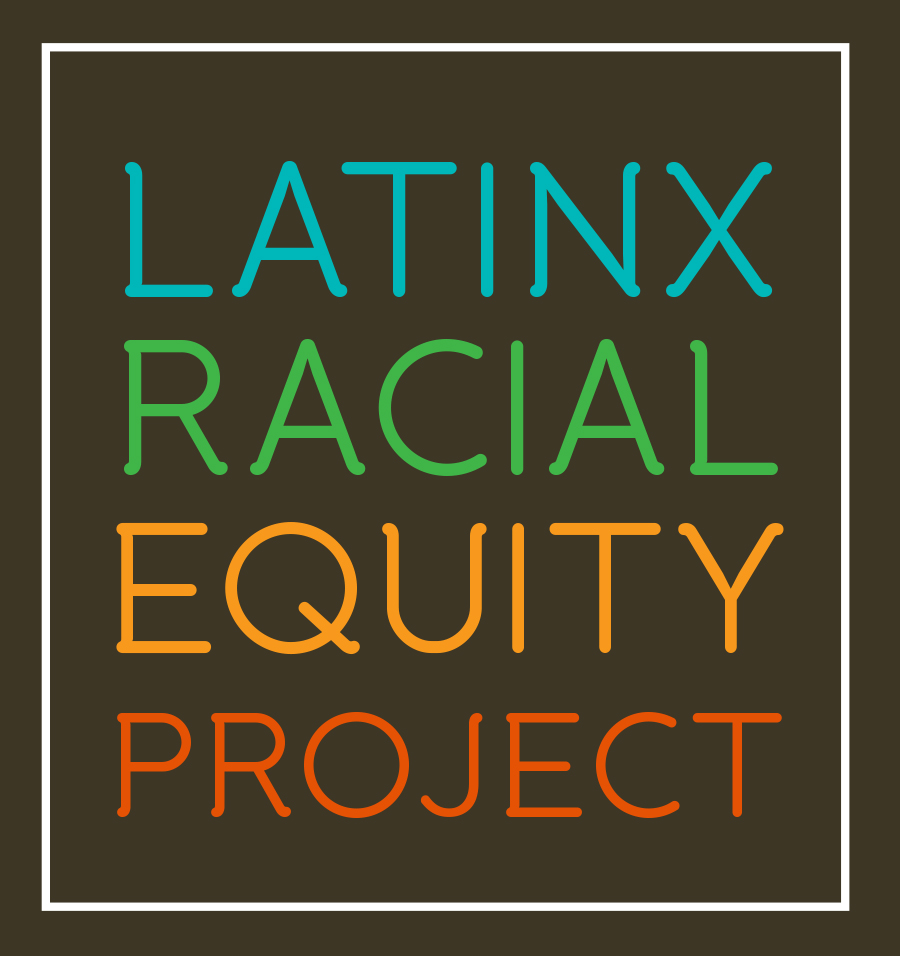A Reflection & Practice by Ámate Perez
I want to share my journey in supporting the rematriation work that is taking place in Point Reyes, the place I live. As we all know, Indigenous people have been caring for their homelands for time immemorial and unless we are on our own ancestral lands, wherever we live there are indigenous relatives and it is our responsibility to be in good relationship with them.
But before sharing what being a good relative looks like for me, I want to share some foundational understandings.
“Indigenous Sovereignty… is distinguishable from Tribal Sovereignty in that it is not a nation-state recognition of inherent sovereignty under nation-state dominion. Rather, it arises from Indigenous Traditional Knowledge, belonging to each Indigenous nation, tribe, first nation, community, etc. It consists of spiritual ways, culture, language, social and legal systems, political structures, and inherent relationships with lands, waters and all upon them. Indigenous sovereignty exists regardless of what the nation-state does or does not do. It continues as long as the People that are a part of it continue.” Indigenous Environmental Network
All of Turtle Island from the tip of Alaska to Chile and the Caribbean Islands are indigenous land. Established by European invaders, the United States is a young country at only 246 years old when compared with 20,000 years of indigenous existence in the Americas’. Maintaining the hyper extractive, dehumanizing and brutal capitalism that is the essence of the United States necessitates indigenous people, culture, government, spirituality to continue to be erased. Colonization and erasure is an on-going political strategy and not an event that happened long ago. Through our actions we can actively resist by indigenizing and decolonizing. Decolonization is both a personal level process to find an authentic relationship to our indigeneity by examining the ways that we have been systematically forced to embrace western values, language, and worldview and to look down on our indigenous ways. Decolonization is also the active political work to build indigenous sovereignty by restoring the world view, spiritual practices, values and territories of indigenous nations, people’s, communities -wherever we are at.
I have been on a journey to indigenize as an individual for a long time but became politically active in decolonization last year. I have been contributing as an organizer and an advisory council member to the Alliance for Felix Cove led by Theresa Harlan. The Alliance aims to re-indigenize the ancestral homelands of the Felix Family—the last Támal-ko family to live on the western shores of Tomales Bay at Felix Cove known as Laird’s Landing.
Knowing the names of the indigenous people’s whose land you currently occupy is just the beginning – but we must go further than that and ask ourselves critical questions:
-
- Do native people have significant access to their ancestral lands (do they live here)?
- Are their sacred places protected?
- Do indigenous people/values/voices drive policy (land, health, housing) where I live?
- Who are the local indigenous leaders organizing to get back land and how can I support the efforts?
Following the leadership of Theresa Harlan – in the last year we have engaged in:
-
- Political organizing to have the Felix family home and land be protected and be recognized as a site of indigenous knowledge preservation;
- Build a cultural preservation program through making a traditional tule canoe and starting a youth program;
- Created an organization to support our efforts.
Being a good relative in practice is –
-
- visibilizing efforts of native people to win sovereignty, including land back;
- organizing to build indigenous people’s power; making financial contributions to local indigenous organizations; supporting native owned businesses, artists, culture workers, etc.;
- changing our political narratives from “nation of immigrants” to nation of settler colonist or like in my case “forced settler.”
Being a good relative to ourselves and our people by knowing our history, our world view and our language.
What are the ways you are being a good relative?
Let us know – info@latinxracialequity.org





